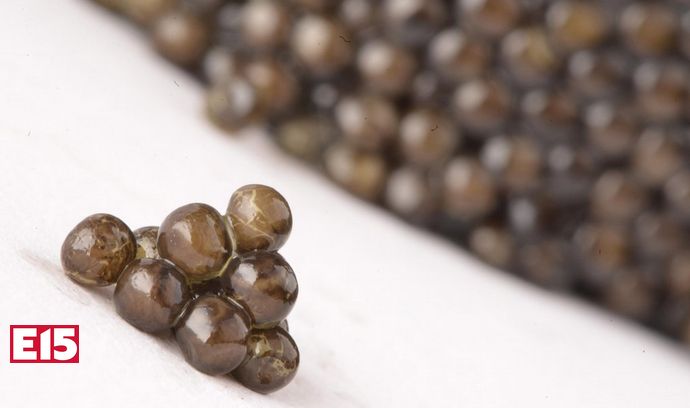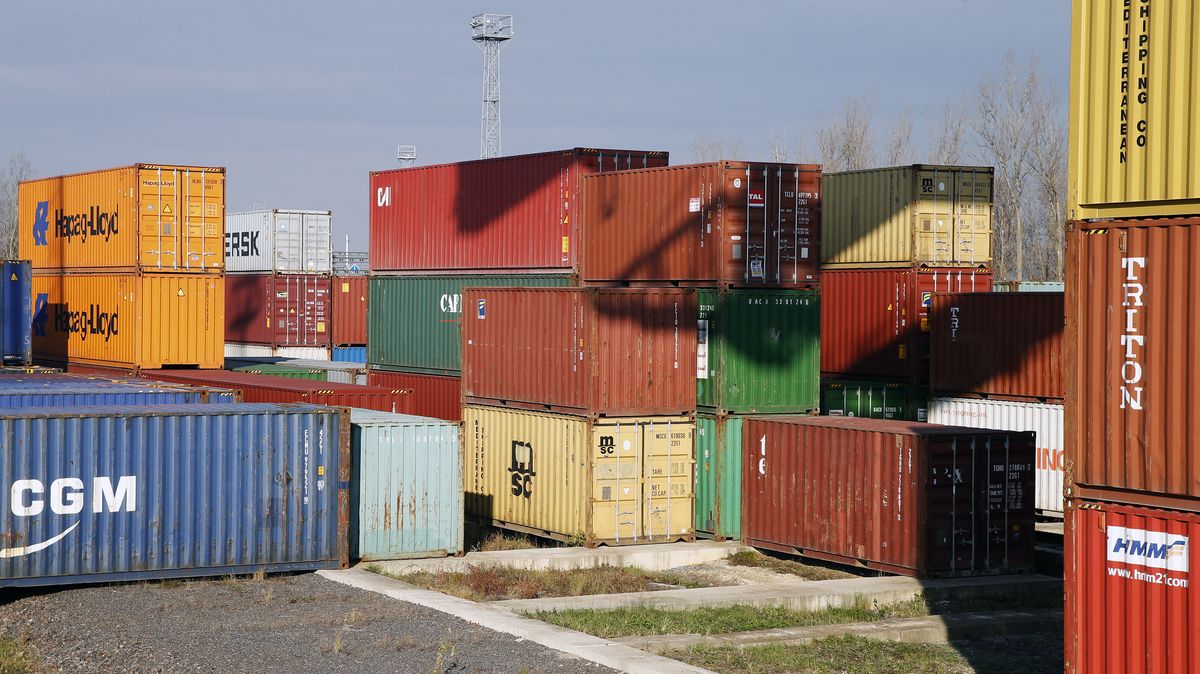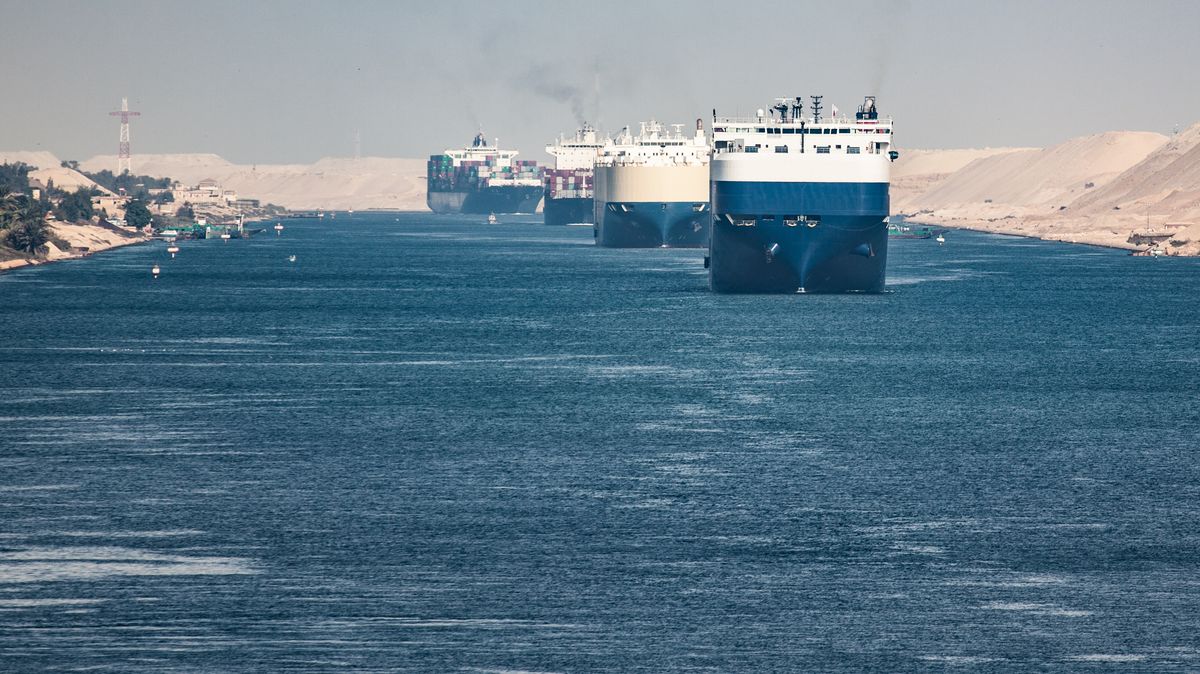When Poland flooded the world with its vodka and later its fruits and vegetables, it immediately started producing a luxury food: caviar. Prices have increased and many other countries have started cultivating sturgeon. In 2012, according to the International Association for the Protection of Sturgeon Fish, 260 tons of caviar were produced on farms in France, Italy, Israel, but also in Uruguay and Vietnam.
Dressed in sterile coveralls from head to toe, workers carefully pick out with tweezers from a sieve the remains of gonads that could spoil the taste of Siberian and Russian sturgeon caviar. The cultivation of this fish in the city of Ruś in northern Poland is accompanied by the strictest hygiene measures.
“We produce fresh, unpasteurized caviar and we have to prevent it from coming into contact with a single bacterium,” explains chairman of the farm’s management board, Marek Szczukowski. “The taste of caviar depends a lot on the quality of the air and water, the temperature, the food, but also on the technology for obtaining the eggs,” he says.
So the farm is more like a hospital. The room where six women work with a rare orb that goes from golden brown to olive to black bears no resemblance to an operating room. All appliances, walls, floors, and even ceilings are made of stainless steel. You can enter here only after taking a shower, wearing a mask on your face, a cap on your head and a coverall over your body. The air here is renewed twenty times an hour. Every night, the hall is sanitized for six hours.
Thousands of Siberian and Russian sturgeons twinkle in reservoirs with clear water flowing from the Lava River. The latter is more desirable and expensive. The female weighs between ten and twenty kilograms. Eggs make up about 12 percent of its weight.
Sturgeon was almost exterminated by fishing
Before coming to Ruśi, sturgeons spend the first seven or eight years of their lives at a fishing station in the city of Goslawice in central Poland. 2,000 local lakes and 500 hectares of ponds are heated by the power plant at Konin.
“We are the largest fish farm in Poland and one of the three most important sturgeon producers in Europe,” explains Agata Lakomiaková-Winnická. “We started cultivating sturgeon in 1992. Since 2008, we have been supplying female sturgeon to major European caviar producers. They are highly sought after, which is why we created our own Antonius brand,” he adds.
Today, 1000 tons of sturgeon are floating in Deer and Goslawice. This fish, which is almost extinct from the wild due to overfishing, is protected by the Convention on International Trade in Endangered Species of Wild Fauna and Flora (CITES) signed in 1973 in Washington.
Soft eggs
The most difficult task on Polish farms is salting the eggs. Determining the right amount of salt requires years of experience. “Making caviar is an art. There is no exact recipe for it,” emphasizes Szczukowski.
It takes no more than a quarter of an hour from transferring the eggs to hermetically sealing the caviar in an elegant box with the Antonius brand.
“We hope that Poland will have its own globally recognized brand of caviar,” said Lakomiaková-Winnická. “Our goal is clear: in ten years we want to become the largest producer in Europe and among the three or four most important producers in the world,” Szczukowski concluded.

“Tv nerd. Passionate food specialist. Travel practitioner. Web guru. Hardcore zombieaholic. Unapologetic music fanatic.”







